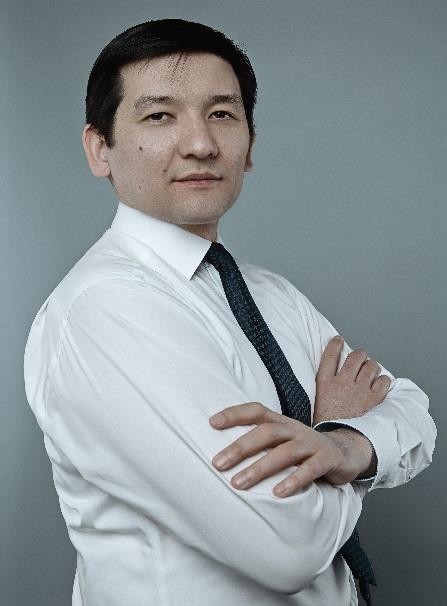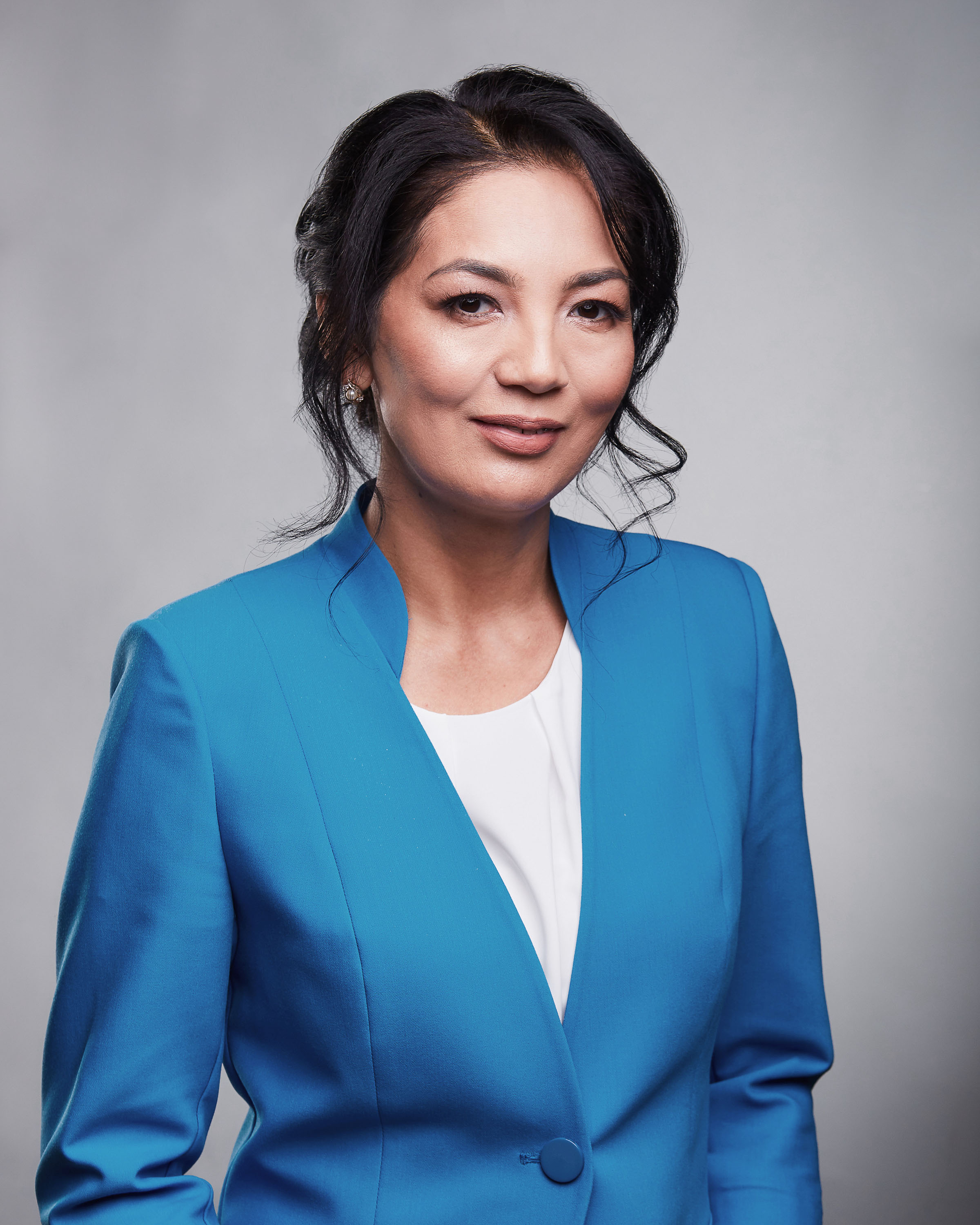November 17, 2022
Basic laws to ensure constitutional reform have been explained
At the briefing of the Central Communications Service, Vice Minister of Justice of the Republic of Kazakhstan Alma Mukanova spoke about the changes made to the legislation within the framework of legislative support for constitutional reform, as the correspondent of MIA Kazinform reported.
“In his Message of March 16 this year, the President initiated large-scale political reforms related to the renewal of political institutions. In particular, they were asked to reduce a number of powers of the Head of State, strengthen the Parliament, including the model of its formation, and generally improve the electoral system and modernize electoral processes, strengthen the human rights institutions of the state. In this regard, six laws were adopted, four of which are constitutional,” A.Mukanova said.
The Vice-Minister briefly outlined the main areas of reform, on which legislative amendments have been made.
The first is the amendments concerning the President. Certain powers of the President in relation to local executive bodies and the Supreme Judicial Council have been reduced. The so-called “presidential quota” in the Senate of the Parliament has been reduced, and certain restrictions have been introduced during the term of office of the President, including restrictions for close relatives of the Head of State to hold positions.
The second is amendments concerning the Parliament. The order of formation of the chambers of Parliament has been changed in connection with the transition to a mixed electoral system in the Mazhilis and the order of formation of the “presidential quota” on the proposals of the Assembly of People of Kazakhstan. In addition, a number of amendments have been made to a number of new powers of the Parliament in accordance with the adopted amendments to the Constitution.
The third is amendments concerning the Government. The Government, in urgent situations, has the authority to adopt temporary resolutions having the force of law. It is important to note that, given the exclusivity of the adoption of such acts, all possible conditions and requirements are provided to minimize the risks of unjustified adoption of such acts.
The fourth is amendments concerning electoral legislation.
The entire system of elections has been rebuilt in connection with the transition to a mixed electoral system in the Mazhilis of the Parliament and maslikhats. Starting from the eighth convocation, the Mazhilis of the Parliament will function according to the new system: some deputies will be elected by party lists – 69, some by single–mandate territorial districts – 29.
Fifth, the electability of akims of districts and cities of regional significance is gradually introduced.
Sixth, changes have been made to improve the electoral process. These are the authorization of campaigning in social networks, the transfer of territorial election commissions to a professional basis, the establishment of limits on the size of voluntary donations to election funds and others.
Seventh, the requirements for the registration of political parties have been reduced: from 20 thousand to 5 thousand members, the requirements for the minimum number of regional representative offices of political parties from 600 to 200 people, the requirements for the minimum number of initiative groups of citizens to create a political party from 1 thousand to 700 people. It also provides for amendments to increase the duration of the constituent congress on the creation of a political party from 2 to 3 months.
Eighth, with regard to the establishment of people’s property in relation to land, its subsoil, waters, flora and fauna, and other natural resources, point amendments have been made, similar to the adopted amendments to Article 6 of the Constitution.
The ninth is separate amendments aimed at introducing online broadcasting of competitive procedures for vacant judicial positions, simplifying the rule–making process and clarifying the levels of regulation of norms, introducing the post of chairman of the maslikhat.
The tenth is the Constitutional Court. It will begin its work on January 1, 2023. The Constitutional Court is a global model designed to protect the constitutional foundations of the state and constitutional human rights. The establishment of such an institution in Kazakhstan opens up new opportunities for the modernization of the human rights system of our country.
The eleventh is the implementation of the amendments to the Constitution in terms of securing the constitutional status of the Commissioner for Human Rights as a guarantor of the realization of human and civil rights. The norms of the new Article 83-1 of the Constitution enshrine the tasks of the Commissioner’s activities, guarantees of independence and non-accountability in the exercise of powers. From now on, the legal status and organization of the activities of the Commissioner are determined by the constitutional law. The competence of the Commissioner has been strengthened. In particular, the implementation of the norms of the Constitution provides for the right of the Commissioner to appeal to the Constitutional Court on the issue of compliance with the Constitution of normative legal acts affecting the rights and freedoms of man and citizen enshrined in the Constitution. The right of the Commissioner to freely visit institutions of the penal enforcement system and organizations providing special social services is secured.
As A.Mukanova noted, further work on the implementation of the announced novels will be continued by adopting the necessary by-laws.
On November 5, President of the Republic of Kazakhstan Kassym-Jomart Tokayev publicly signed a number of important laws adopted following the results of the republican referendum on amendments and additions to the Constitution held in June 2022.



